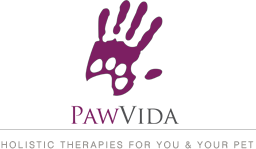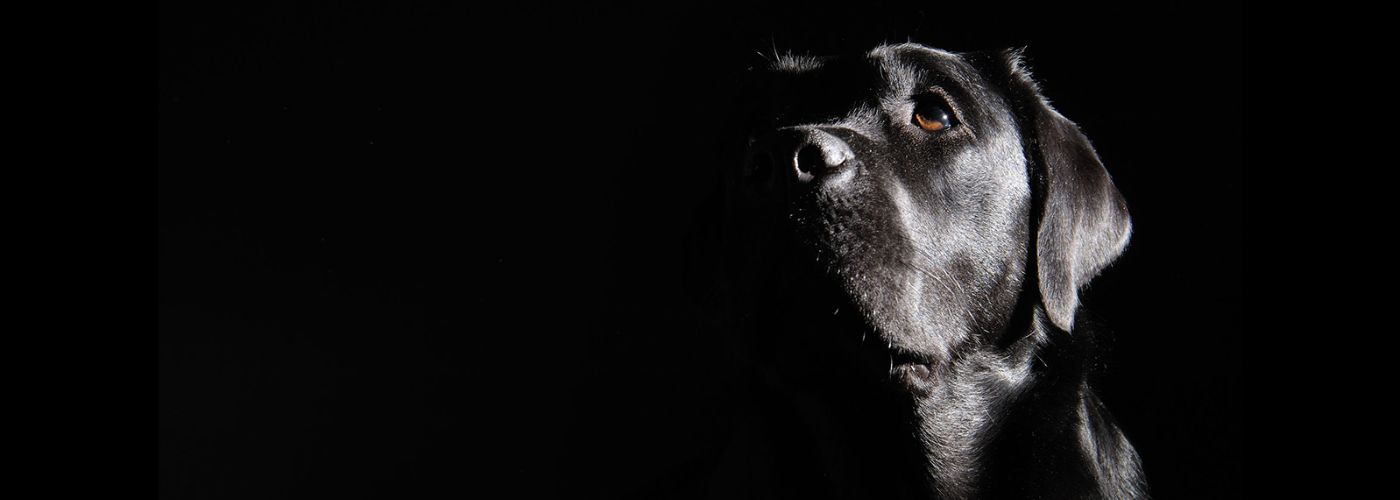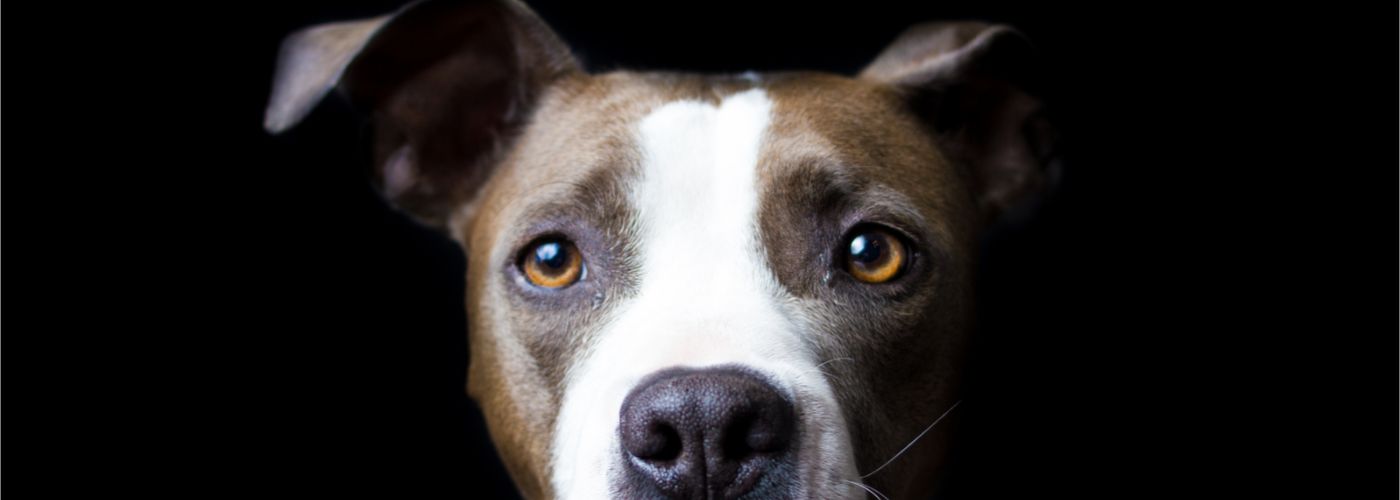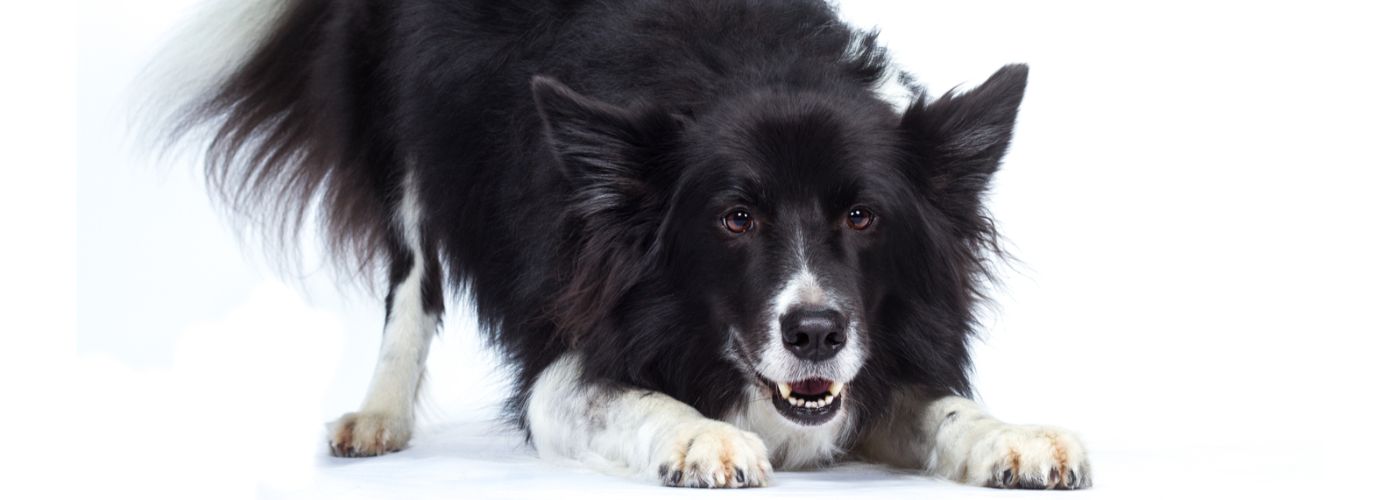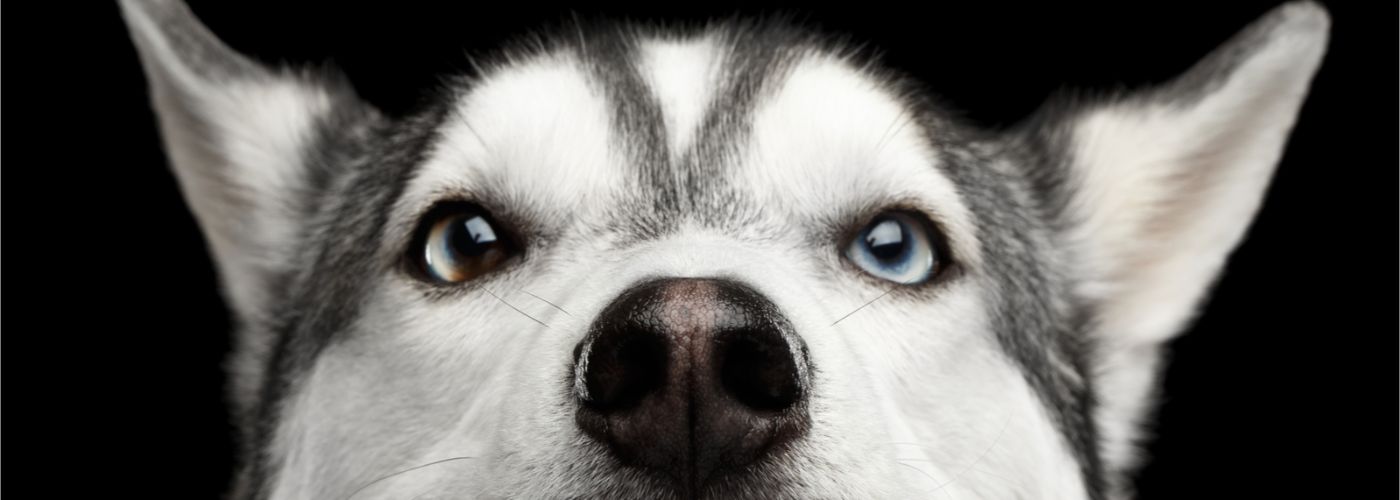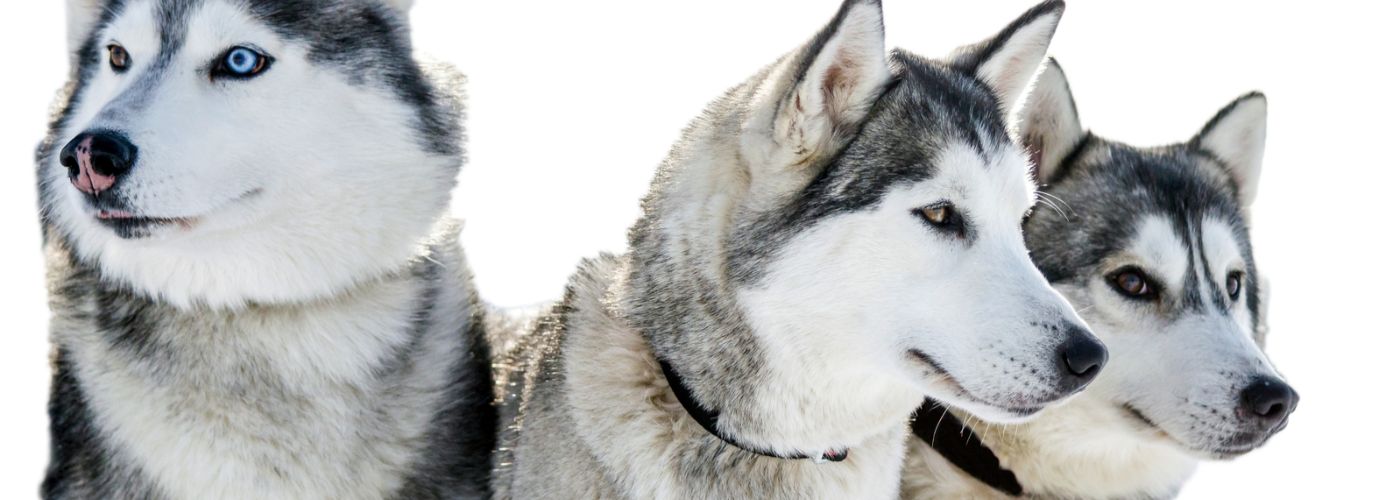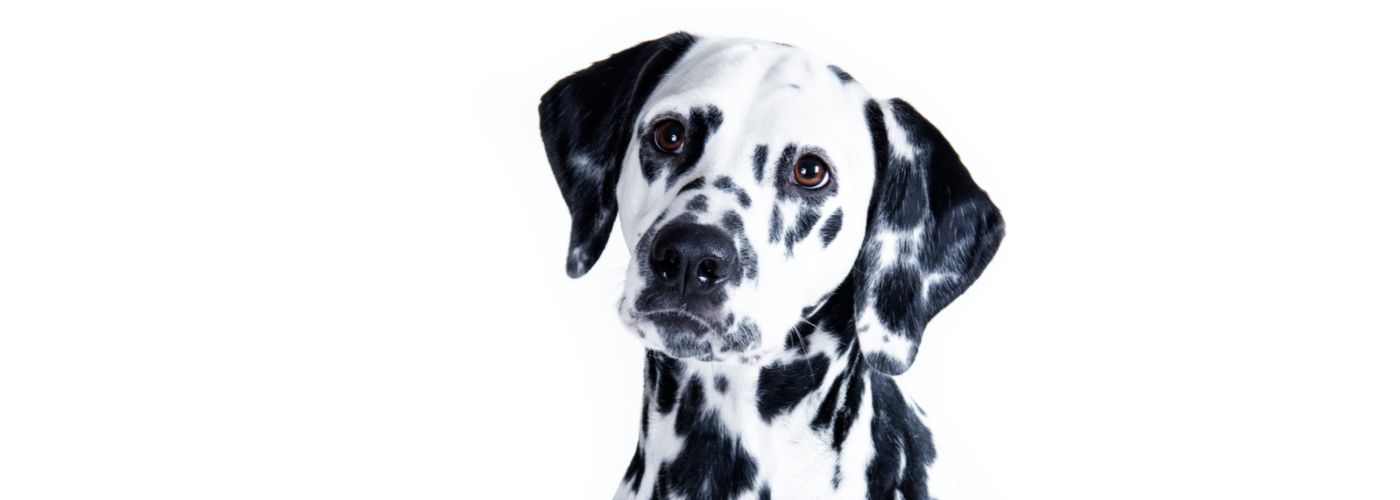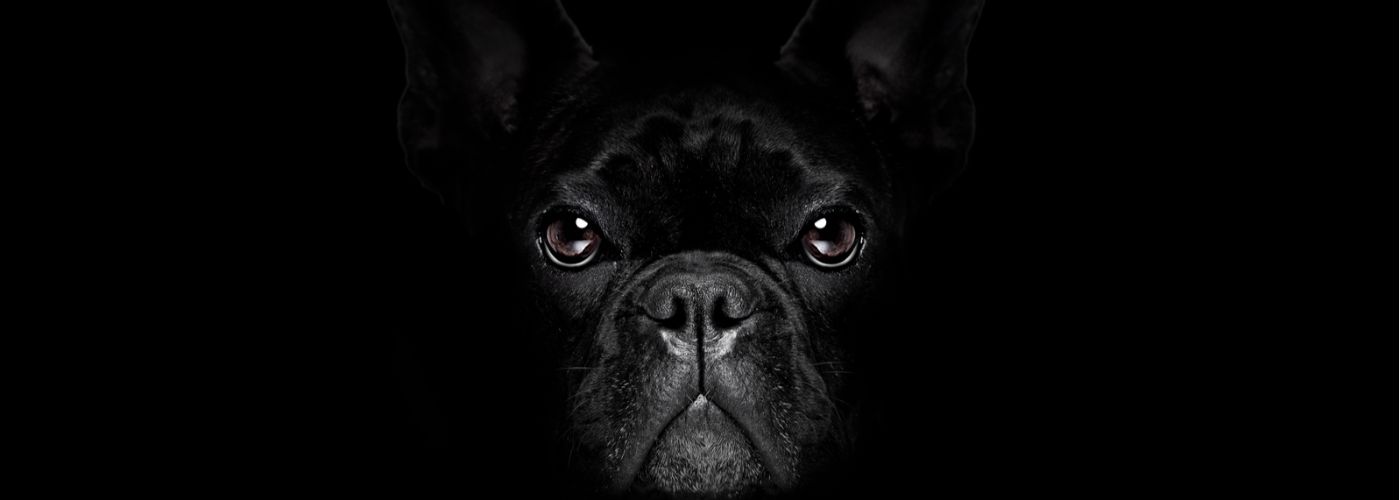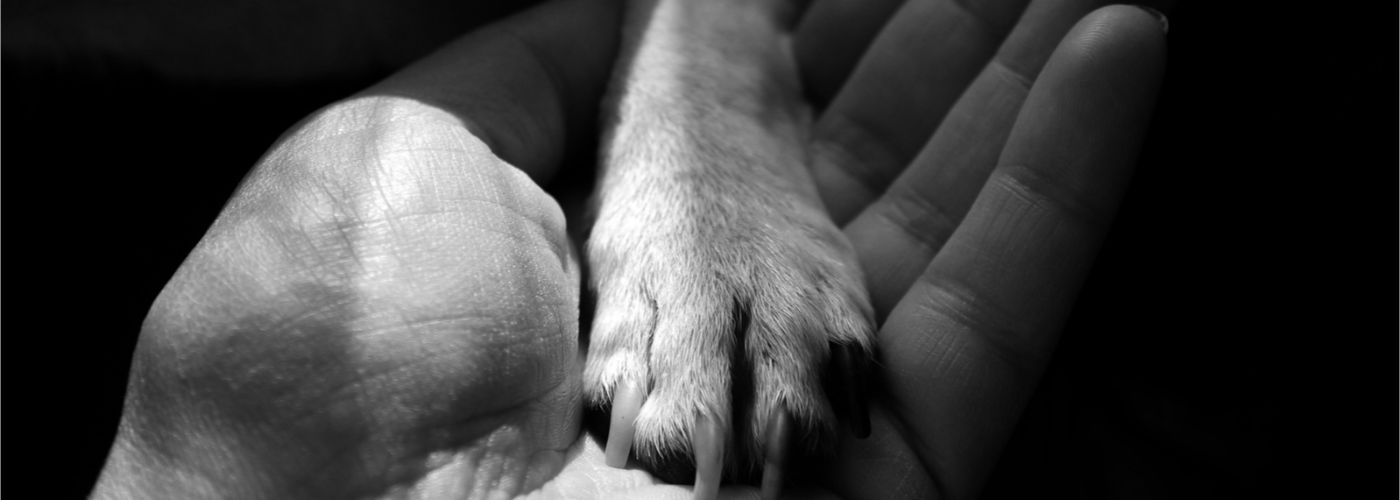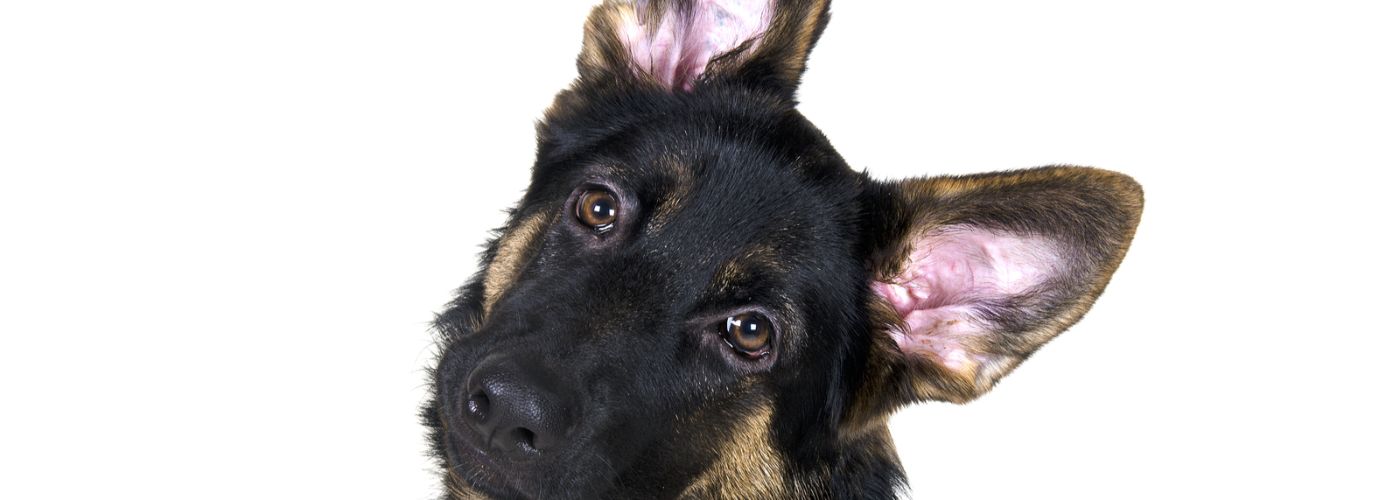For results you can see and your dog can feel
Dogs like nothing more than running through fields and leaping to catch that never-gets-old ball. But from time to time, musculoskeletal injuries and mobility issues can set in – just like they do for us.
Clinical Canine Massage is a results-driven, physical therapy which helps to rehabilitate soft tissue and muscular injuries and support common Orthopaedic conditions.
Whether you’re looking for enhanced mobility or sporting performance, improved pain management, or simply a better quality of life for your four-legged friend, we’ll work closely with you to achieve your goals.
Clinical Canine Massage
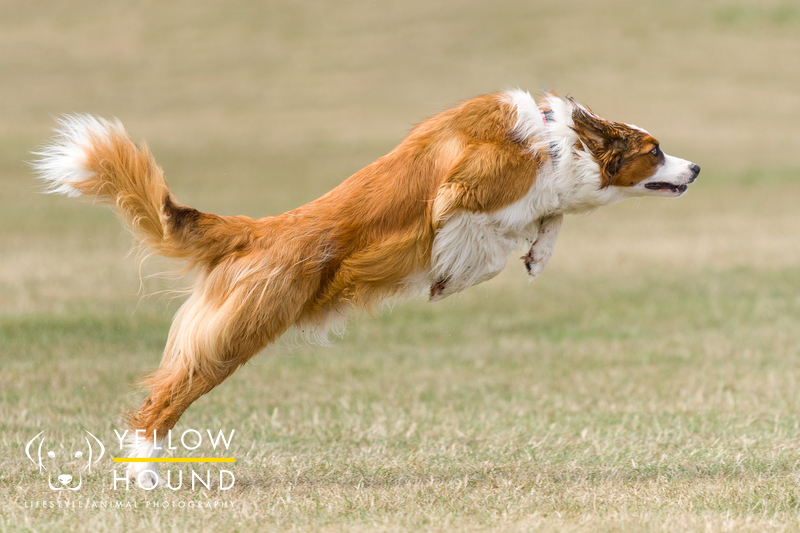
Canine Massage is a strong, remedial therapy which involves the direct manipulation of your dog’s muscles, soft tissue and fascia, a 3D cobweb of connective tissue which provides a pathway for nerves through the soft tissue. Combined with our deep understanding of canine anatomy and physiology, we use an integrated blend of 4 disciplines of massage – indirect and direct Myofascial release, remedial sports massage, deep tissue massage and Swedish Massage – with the exclusive Lenton Method®. The application of these various techniques, strokes, stretches and releases, specifically developed for the canine anatomy, helps to release tight and sore muscles, remove debilitating ‘knots’ or trigger points that cause referred pain, and rehabilitate soft tissue injuries by breaking down restrictive scar tissue.
In fact, Clinical Canine Massage is most commonly used for chronic pain management, rehabilitation of soft tissue and musculoskeletal injury, and supporting dogs with Orthopaedic Conditions and Neurological disorders. And we expect to see measurable results within 1 to 3 sessions, whether that’s increased mobility, improved performance, or simply a return to activities of daily living your dog had previously stopped.
However, your dog doesn’t even need to be injured in order to benefit from massage! Clinical Canine Massage will help to maintain your dog’s musculoskeletal health and reduce the risk of soft tissue injuries occurring, whether they’re a bouncing puppy, Canine Athlete or Golden Oldie. So, Clinical Canine Massage really is a must have for any dog owner concerned with their dog’s health and wellbeing and quality of life.
Common Muscular Injuries and Conditions
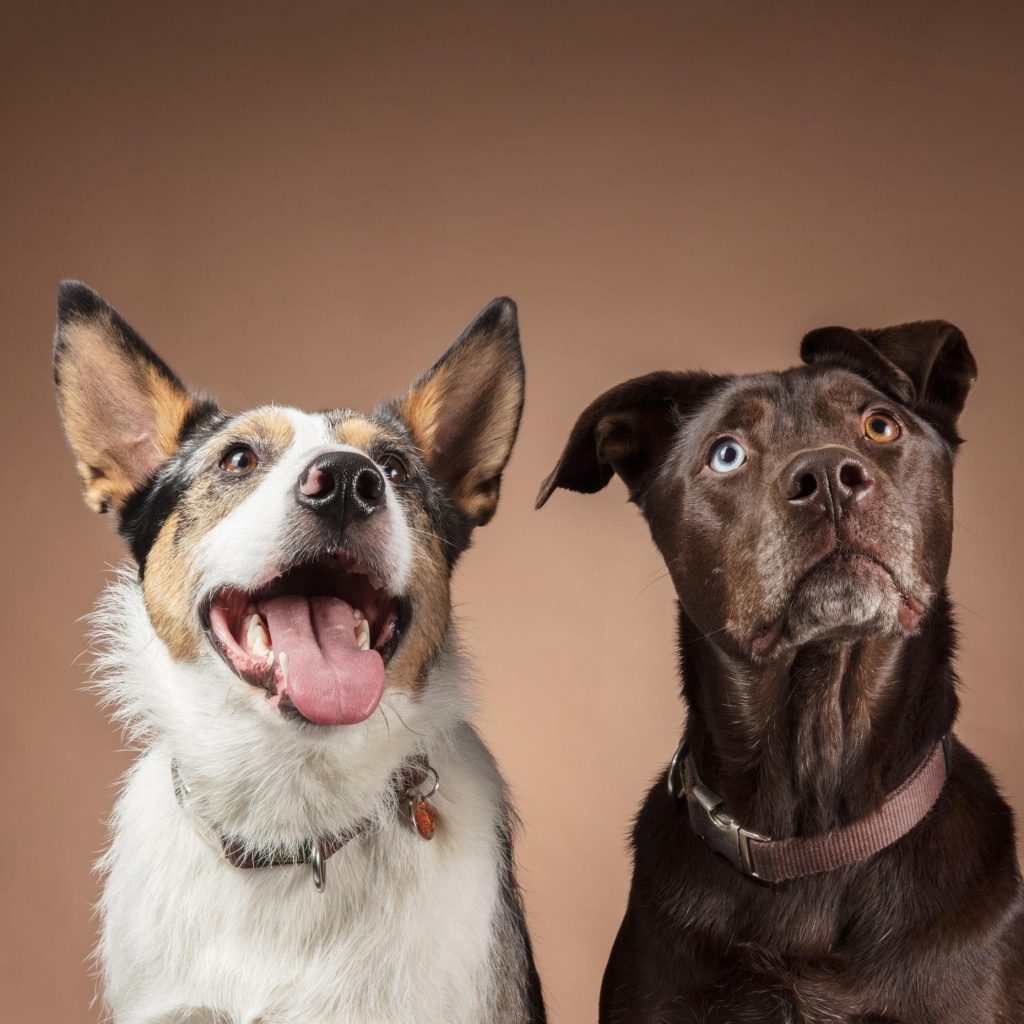
Whether your dog is a pet and loving companion, a top sporting dog, a faithful work horse, or all of the above, they’re all susceptible to picking up knocks and niggles from time to time, as well as developing Orthopaedic and Neurological disorders too. Muscular injuries are commonly associated with our sporting dogs, and whilst we’ve discussed them in detail over on our Canine Athlete page, the majority of the injuries and issues can just as easily be sustained through common activities of daily living, including living on slippy flooring such as laminate, the use of ball launchers (these belong nowhere but the bin!), and excessive high impact activities such as rebounding on and off the furniture. If you book your dog in for a Canine Massage session, we’ll always discuss their activities of daily living with you and offer friendly advice and recommendations on any adjustments that could be made to help ensure their risk of injury is kept to a minimal.
Here are a few of the most common injuries, issues and conditions that your dog may develop over their lifetime. And if you’d like to find out more detail about a particular muscular issue or Orthopaedic condition, just pop over to our Canine Athlete or Orthopaedic Conditions page, respectively.
- Muscular Strain
- Ligament Sprain
- Myofascial Restrictions
- Trigger Points or ‘knots’
- Hypertonicity
- Muscular Tension and Tightness
- Muscle Splinting or Overcompensating
- Tendonitis
- Cramp
- Hypermobility
- Osteoarthritis
- Spondylosis
- Elbow Dysplasia
- Hip Dysplasia
- Cruciate Ligament Rupture
- Luxating Patella
- Osteochondritis Dissecans
Benefits of Canine Massage
Aiming to resolve or support musculoskeletal issues in just 1 to 3 sessions, the typical outcomes of Clinical Canine Massage therapy are…
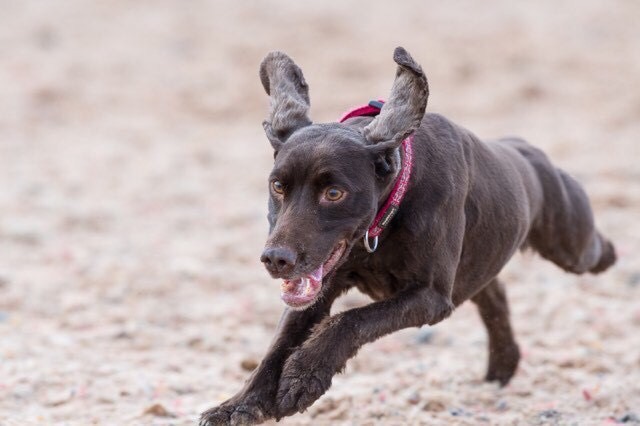
- Improved mobility and activity levels
- Resolution or reduction in lameness/limping and stiffness
- Improved flexibility and range of motion
- Resolution of posture and gait irregularities
- Rehabilitation of muscular or soft tissue injuries
- Improved pain management – great for NSAID intolerant dogs
- Quicker recovery from surgery
- Alleviation of age-related disorders
- Resumed activities of daily living – using stairs, jumping into car
- Improved mood/character, often emotionally ‘lifting’ a dog
- Improved athletic performance – Agility, Flyball or Hoopers
The Five Principles of Pain
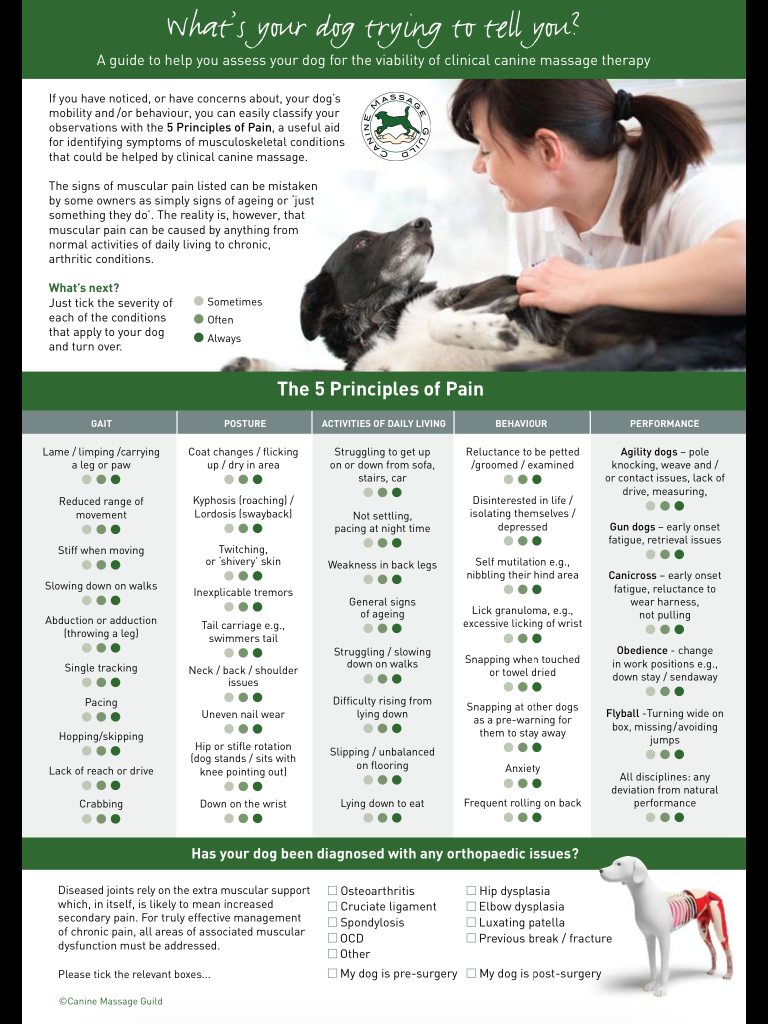
What’s your dog trying to tell you? The Five Principles of Pain is a guide devised by the Canine Massage Guild to help you assess your dog for the viability of Clinical Canine Massage therapy. This useful aid will help you and your vet to identify clinical and sub-clinical signs of muscular and myofascial pain that are frequently helped by this powerful therapy. The Five Principles of Pain covers Gait, Posture, Activities of Daily Living, Behaviour and Performance and you can easily classify any observations or concerns you may have within these categories. Click here to download the Five Principles of Pain PDF which breaks down these categories further – you can go through it yourself or take it to your vet and go through it together. If you think your dog would be a good candidate for Clinical Canine Massage, or you’re not sure and have a few questions, or you’d just like them checked as a pre-emptive measure, don’t hesitate to get in touch.
And just to give you an idea, it’s likely that Clinical Canine Massage will be beneficial for your dog if they present with any of the following…
- Lameness/Limping
- Stiffness on getting up
- Difficulty using stairs, jumping on/off furniture or in/out of car
- Reluctance to walk
- Signs of age – slowing, losing their spark, old before their time
- Performance issues – weave entry, measuring/knocking jumps
- Orthopaedic issues – Arthritis, dysplasia, Cruciate Ligament tear
- Limb amputation and overcompensation as a result
- Gait and posture irregularities
- Anxiety or a nervous disposition
- Skin twitching – usually noticeable along their back
- Coat changes – unusual hair flicks
- Uneven nail wear
“Sally had been diagnosed with a suspected cruciate ligament injury and had been suffering with lameness for several months. Lindsay came recommended by the hydrotherapist working with Sally and after just two sessions, I couldn’t believe the difference in Sally. There had been a surprising improvement in her mobility and I also noticed that her mood had lifted and she seemed happier in herself. I will definitely be booking Sally in for further massage with Lindsay!”
Nicola, Ammerdown
What to expect
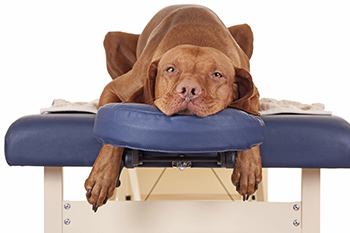
Your initial consultation will last approximately 75 minutes and will start with a comprehensive consultation – we’ll ask you about your dog’s lifestyle, diet, exercise, and medical history. We’ll also find out what you’d like to be achieved from Canine Massage, so we can tailor the massage to suit your personal goals – whether that’s rehabilitation to peak sporting performance or simply the return of a long since gone waggy tail.
We’ll perform a postural and gait analysis to assess your dog’s natural standing position and the way they move, noting any irregularities such as lameness along the way. We’ll also take time to listen carefully to your thoughts and note any abnormalities or behavioural changes that you may’ve spotted. The assessment stage will be completed with a superficial palpation where we’ll feel for any areas of temperature change, tenderness, injury, scarring, spasm, knots or trigger points.
Your initial session will then be completed with a full body massage – the first step to improving your dog’s quality of life. We’ll work holistically, which means we’ll treat the whole body as opposed to just the area of injury, as often there’ll be secondary areas of overcompensation. And as every dog is different, we’ll adapt the massage to suit their individual needs and the situation. We may even play some calming background music!
It may be that your dog only requires one session or a routine MOT every now and then, however if your dog presents with an injury or mobility issues, we usually recommend a course of three sessions initially. At the end of the three sessions, we’ll work with you to devise an ongoing maintenance plan to suit both you and your dog, whether that’s one massage a month or one every six months. You can rest assured however that we only work best practice – this means in the unlikely event that there’s no improvement after the third session, we won’t continue to massage your dog but rather refer them back to your vet for further investigation. Follow up and maintenance sessions will last approximately 60 minutes and involve a brief consultation followed by a full body massage.
Veterinary Consent
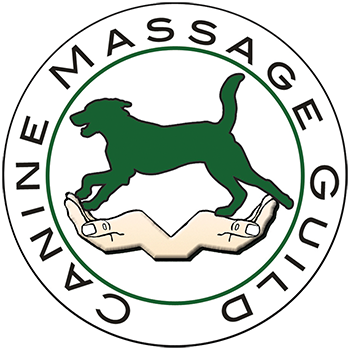
As a member of the Canine Massage Guild, Paw Vida offer a very professional Clinical Canine Massage service and respect the Veterinary Surgeons Act 1966 and Exemption Order 2015 by never working on an animal without gaining prior veterinary approval. In simple terms, this means we’ll only massage your dog if your vet considers it appropriate and safe to do so. Some diseases and conditions are contraindicative to massage and we, or your vet, will of course advise you of this when you get in touch.
You can download our Veterinary Consent form here. Please note that without veterinary consent, we’ll be unable to massage your dog.
Prices
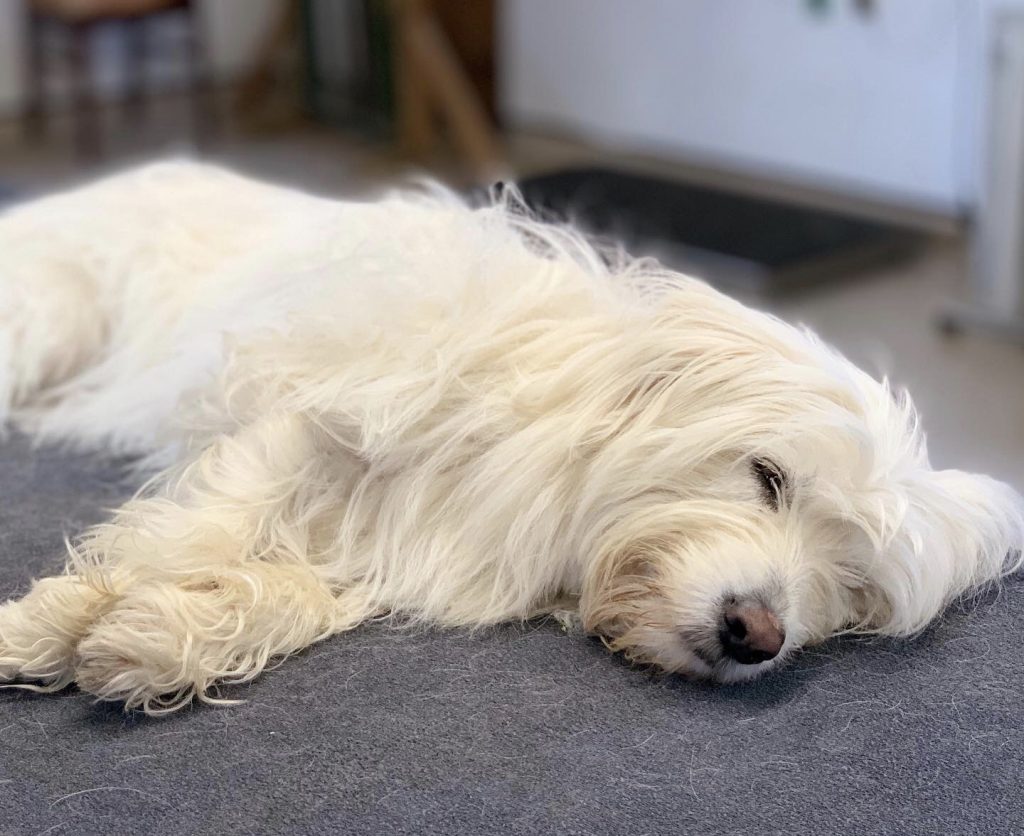
Initial consultation and Treatment
£45.00*
Follow up / Maintenance Treatments
£40.00*
* A small additional travel charge may apply depending on your location.
Canine Massage Clinic packages are also available for training clubs and groups. Please contact us to discuss your requirements.
A big thank you to some of my gorgeous clients, Zorro, Charlie, Coco, Archie and Laila for generously donating their best poses for the creation of this page.
